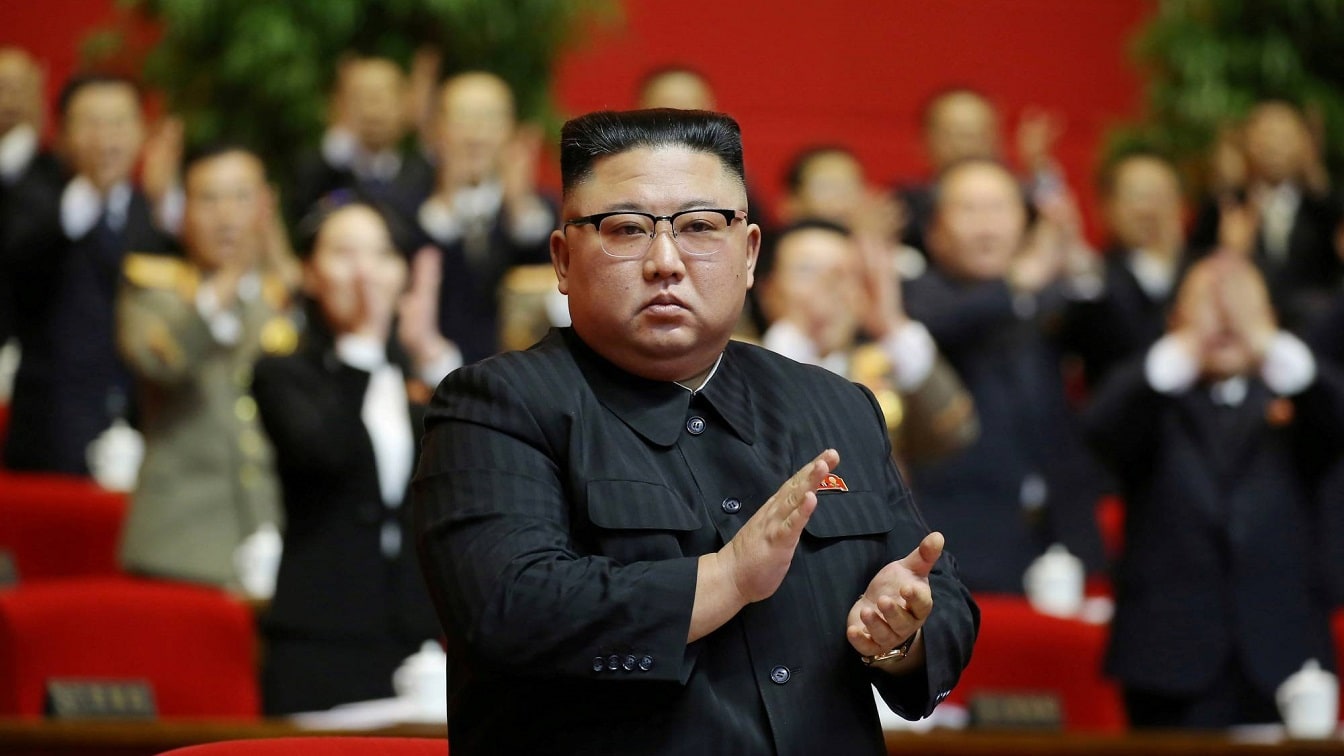The Camp David summit this month—joining the leaders of the U.S., South Korea, and Japan— achieved unprecedented, though potentially ephemeral, progress on solidifying trilateral policy coordination. U.S. President Joe Biden, South Korean President Yoon Suk Yeol, and Japanese Prime Minister Fumio Kishida pledged extensive cooperative measures in security, economic, technology, and societal sectors.
But concerns linger whether the progress is sustainable past electoral changes in Washington and Seoul and periodic flareups in South Korean nationalism over historic and sovereignty disputes with Japan. Supporters of the trilateral partnership hope the stars remain in alignment long enough to make sufficient advancement so as to become irreversible.
The United States has long sought for its two most important northeast Asian allies to resolve or sufficiently downplay sensitive historical issues to enable prioritization of the threats and challenges of the current millennium. But Washington had to tread lightly in its behind-the-scenes efforts lest it offend the sensitivities of either South Korea or Japan by pushing too strongly or appearing to take sides.
North Korea and China Played a Hand
Ironically, Washington was aided in its quest by years of egregious North Korean and Chinese behavior that cumulatively overcame Allied reluctance to push back against Pyongyang’s provocations and Beijing’s economic coercion. However, the election of Yoon Suk Yeol was the most significant catalyst for rapid rapprochement between Seoul and Tokyo.
Yoon first sought to strengthen his country’s alliance with the United States to provide a firm foundation for engaging South Korea’s neighbors. He was then willing to endure vociferous domestic criticism over his “appeasement” toward Japan, South Korea’s former colonial oppressor, in order to forge coordinated policies with Tokyo toward common threats. Kishida appeared a reluctant partner, acquiescing to reciprocal measures but not matching Yoon’s boldness.
A Trilateral Bond Forged
Trilateral meetings blossomed among security and foreign policy officials and the three countries resumed military exercises in 2022 after a five-year hiatus. Later that year, the three leaders agreed to a real-time exchange of data on North Korean missile launches, though Seoul remained reluctant to integrate its missile defense system with that of the U.S. and Japan. In December, South Korea and Japan published national security documents that closely mirrored those of the United States, setting the stage for greater policy alignment and cooperation.
Despite these and other positive signals, the extent of the agreements achieved at Camp David was still striking. A “Commitment to Consult” agreement took pains to eschew any sense of obligation for Seoul and Tokyo to defend each other or even commit to concurrence when responding to a threat. Nevertheless, Seoul and Tokyo clearly edged closer to acknowledging a linkage between their security in a way unforeseeable even a few months prior.
The three countries formalized the new enhanced trilateral partnership through pledges of annual meetings of the leaders as well as ministers of defense, foreign affairs, and national security advisors. Similar commitments for annual meetings of finance, commerce, and industry ministers reflected an expansion of coordination on economic security – diplo-speak for diversifying away from overreliance on trade with Beijing and reducing susceptibility to Chinese economic coercion.
Summit Resolution
The documents most clearly articulated security actions in response to North Korea’s growing nuclear and missile threats. The U.S., South Korea, and Japan affirmed their continued commitment to complete denuclearization of North Korea and agreed to a structured multi-year plan of annual, named, large-scale multi-domain combined military exercises near the Korean Peninsula. The leaders also committed to greater intelligence sharing, greater cooperation to combat Pyongyang’s cyberthreats through which it funds its prohibited arsenals, and operationalizing the earlier commitment on North Korean missile launch data.
The multi-faceted China threat received only a cursory mention in one of the three Camp David documents and was limited to a reference to the Chinese navy’s recent confrontation with the Philippines. This may have been in deference to Seoul’s reluctance, even during the Yoon administration, to directly criticize Beijing for its transgressions.
That said, China is clearly an underlying current driving recent trilateral discussions and documents. Though typically limited to generic public expressions of concern against “unilateral attempts to change the status quo” in the Taiwan Strait or South China Sea, the allies have engaged in more extensive discussions and planning to address Chinese security and economic challenges.
Summit Takeaway
Reading between the lines in the sections on economic security and broadening Indo-Pacific cooperation shows a concerted effort to coordinate economic security not only amongst the U.S., South Korea, and Japan but in concert with other partners throughout the Indo-Pacific.
A senior South Korean official depicted the summit as establishing a “key framework” for a northeast Asia security cooperative body which, in turn, will strengthen policy coordination with ASEAN and Pacific Island countries. The leaders pledged to develop a maritime security mechanism to synchronize trilateral capacity building in southeast Asia and Pacific Island nations.
The U.S. has now strengthened another regional component of its Indo-Pacific strategy, along with the enhanced Quad (Australia, India, Japan, and U.S.) and Australia-UK-U.S. or AUKUS agreement to provide nuclear-powered submarines to Australia. But while basking in the afterglow of a successful summit, the U.S. must work closely with its partners to ensure sufficient progress against the vicissitudes of electoral changes or resurgence of nationalist impediments.
Most worrisome will be Washington’s continually underfunded defense requirements constraining America’s ability to deter and defeat emerging security threats. As China rapidly augments its military forces, the U.S. Navy is shrinking and the Indo-Pacific continues to be underfunded relative to other theaters. Strong alliances and firm cooperative commitments are important, but they need sufficient military strength to back them up.
A 19FortyFive Contributing Editor and former Deputy Division Chief for Korea at the CIA, Bruce Klingner is the senior research fellow for Northeast Asia at The Heritage Foundation’s Asian Studies Center.

